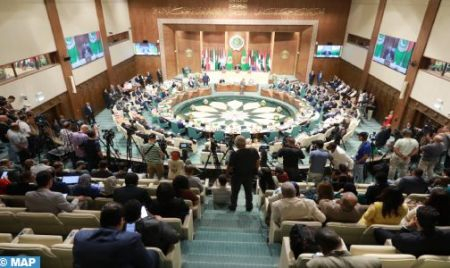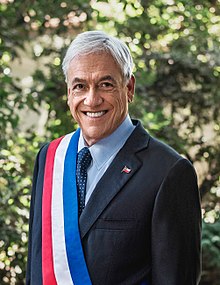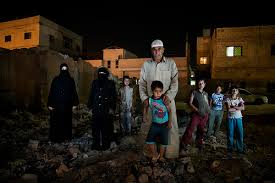Secretary General of the Arab League, Ahmad Aboul Gheit, praised in the report presented Wednesday to the Arab League Ministerial Council, Morocco’s efforts to settle the Libyan crisis, and its hosting meetings of the Libyan 6+6 Joint Committee for Preparing Electoral Laws, on May 22 – June 7 in Bouznika.
The resolution of the Arab League Ministerial Council has hailed the Kingdom’s efforts as an “important step forward.”
The resolution also highlighted the importance of the full implementation of the Libyan political agreement, signed in 2015 in Skhirate, as a basis for a political solution in Libya.
Likewise, the Secretary General’s report underlined Morocco’s initiatives and achievements in order to strengthen humanitarian and social aspects of the joint Arab action, recalling in this regard the hosting by Rabat of the 5th meeting of the Arab Coordination Mechanism for disaster risk reduction, which led to the approval of the final version of the statute of the Arab-African Disaster Fighting Fund, and the organization by the Moroccan Centre for Volunteering and Citizenship, on May 23-27 in Casablanca in cooperation with the General Secretariat of the Arab League, of the 4th Arab Forum for Social Development.
He also recalls the hosting by Marrakech, on March 12-17, of the meetings of the General Assembly (37th session), the Executive Bureau (57th meeting) and the committees of the Arab Union of Military Sports, with the participation of 13 Arab States, the choice of the proposal presented by Morocco, “One Health Approach” as the slogan of the 60th session of the Arab Health Ministers’ Council, and the decision of the Arab Information Ministers’ Council, taken during its 53rd session in Rabat, to create “the Observatory and the Integrated Platform” as one of the mechanisms for implementing the Arab media action plan abroad, with the Kingdom as headquarters .
In the field of the fight against terrorism, the Arab League Council calls for continuing to benefit from the Mohammed VI Foundation of African Ulema and the Mohammed VI Institute for the training of Imams, Morchidines and Morchidates in Morocco, welcoming Morocco’s decision to host the United Nations Office for Counter-Terrorism and Training in Africa (UNOCT).
The Ministerial council also expressed support for Morocco’s candidacy for the presidency of the 18th session of the Human Rights Council for the year 2024 and approved the recommendations issued by the 52nd session of the Permanent Arab Commission for Human Rights, in particular the initiatives undertaken by the Kingdom to promote human rights through the hosting by Rabat in December 2022 of the official launch activities of the Arab Plan for Human Rights Education, the drafting of a concept paper on “the impact of climate change on human rights in the Arab region”, and the inclusion on the Commission’s agenda of the “Call to commit to the implementation of the Marrakech Declaration on national implementation, reporting and monitoring mechanisms in the field of human rights”.
The Council also adopted the joint resolution submitted by the Kingdom of Morocco, Libya and the United Arab Emirates entitled “Prohibiting all advocacy of religious hatred, stressing the need to prevent, at the international level, contempt for religions, and calling on the international community to ensure a balance in the application of the relevant international conventions”.
This joint initiative builds on the recent resolution submitted by the Kingdom of Morocco to the United Nations General Assembly on “Countering hate speech: Promoting interreligious and intercultural dialogue and tolerance”, and on UN references, notably the Rabat Action Plan on the prohibition of any advocacy of national, racial or religious hatred that constitutes incitement to discrimination, hostility or violence, adopted in 2012, under the aegis of the United Nations/Office of the High Commissioner for Human Rights, as well as the Fez Action Plan for religious leaders and actors to prevent incitement to violence that could lead to criminal atrocities, launched by the UN Secretary-General in 2017.
The Arab League Ministerial Council was held under the chairmanship ofMorocco.



